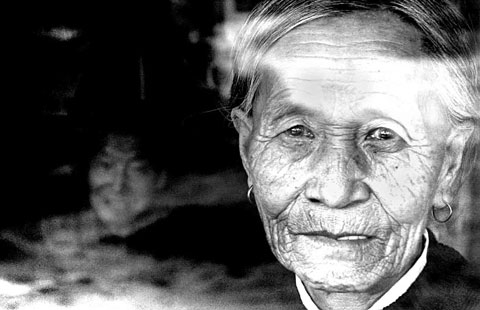China a World Cup winner? What a bunch of Brazuca!
By Xin Zhiming (chinadaily.com.cn) Updated: 2014-06-25 14:25In today’s manufacturing economy, most of the profits come from such links as design, brand, R&D and services. To gain more value added, enterprises must upgrade their R&D abilities, create their own brands and provide related services — much like how Apple does it.
Most Chinese companies are yet to go that far. The Chinese economy has become the world’s second largest, but its overall economic clout has been built on low-end manufacturing and consumption of resources.
China has become the factory of the world, but it is yet to be a real industrial power with complete and competitive production chains.
If China fares well in its efforts to restructure its economy and inspire technology and innovation, Chinese enterprises will hopefully play a more active role in the division of labor inherent to global manufacturing.
For now, only a small number of Chinese enterprises are climbing the ladder of global production.
Solar giant Yingli is, no doubt, one of the leading Chinese companies to shine at the World Cup.
Although the cost is as high as $17 million to become a secondary sponsor, it may be a good deal for Yingli as it makes its brand known to millions of consumers.
China’s electric vehicle makers have also won contracts to provide hybrid buses and trains to help soccer fans travel between stadiums and cities.
If the trend continues, more Chinese players —business players, not soccer players — may appear in the next World Cup finals.











